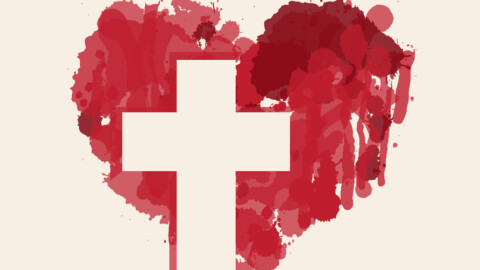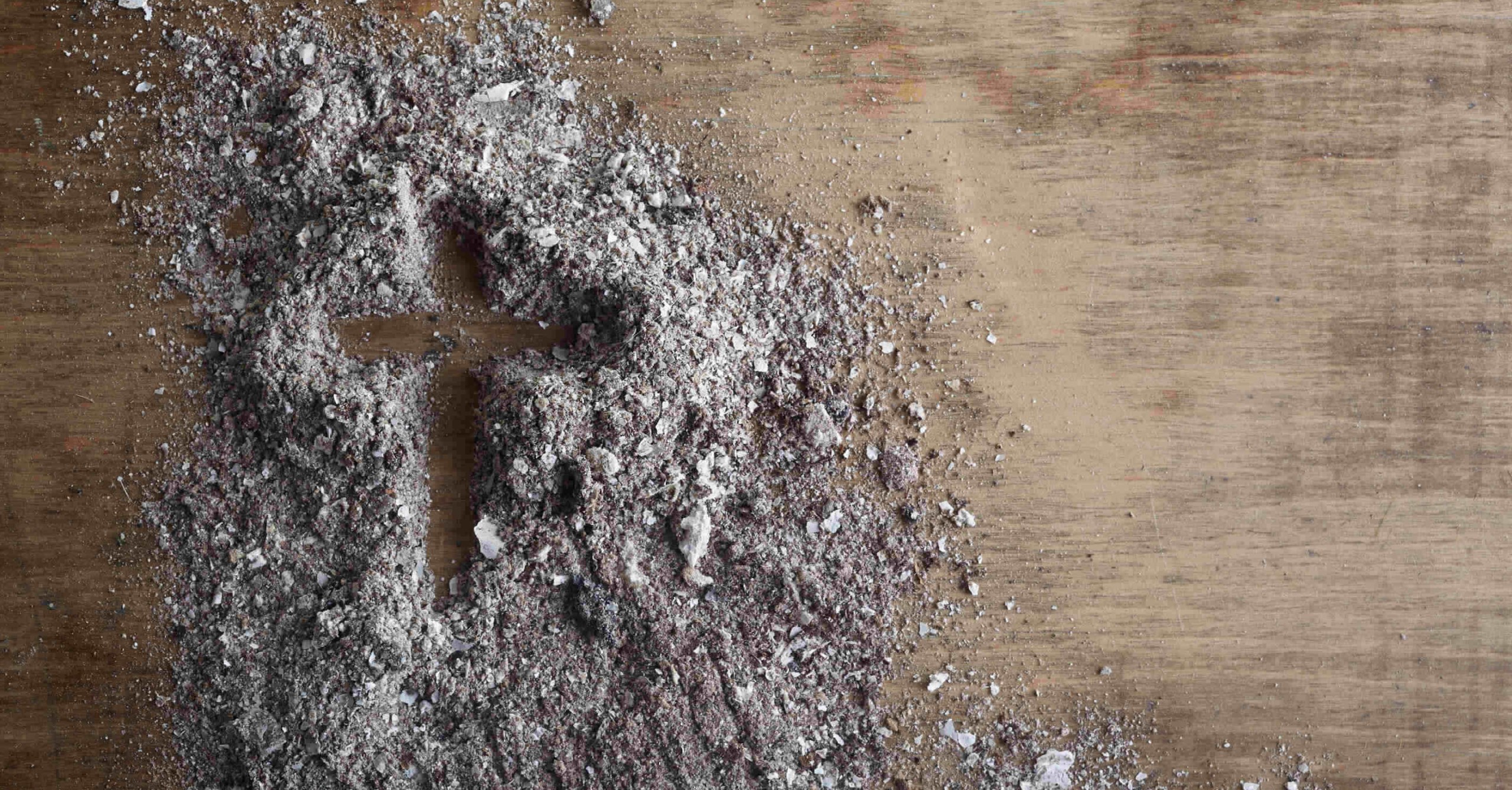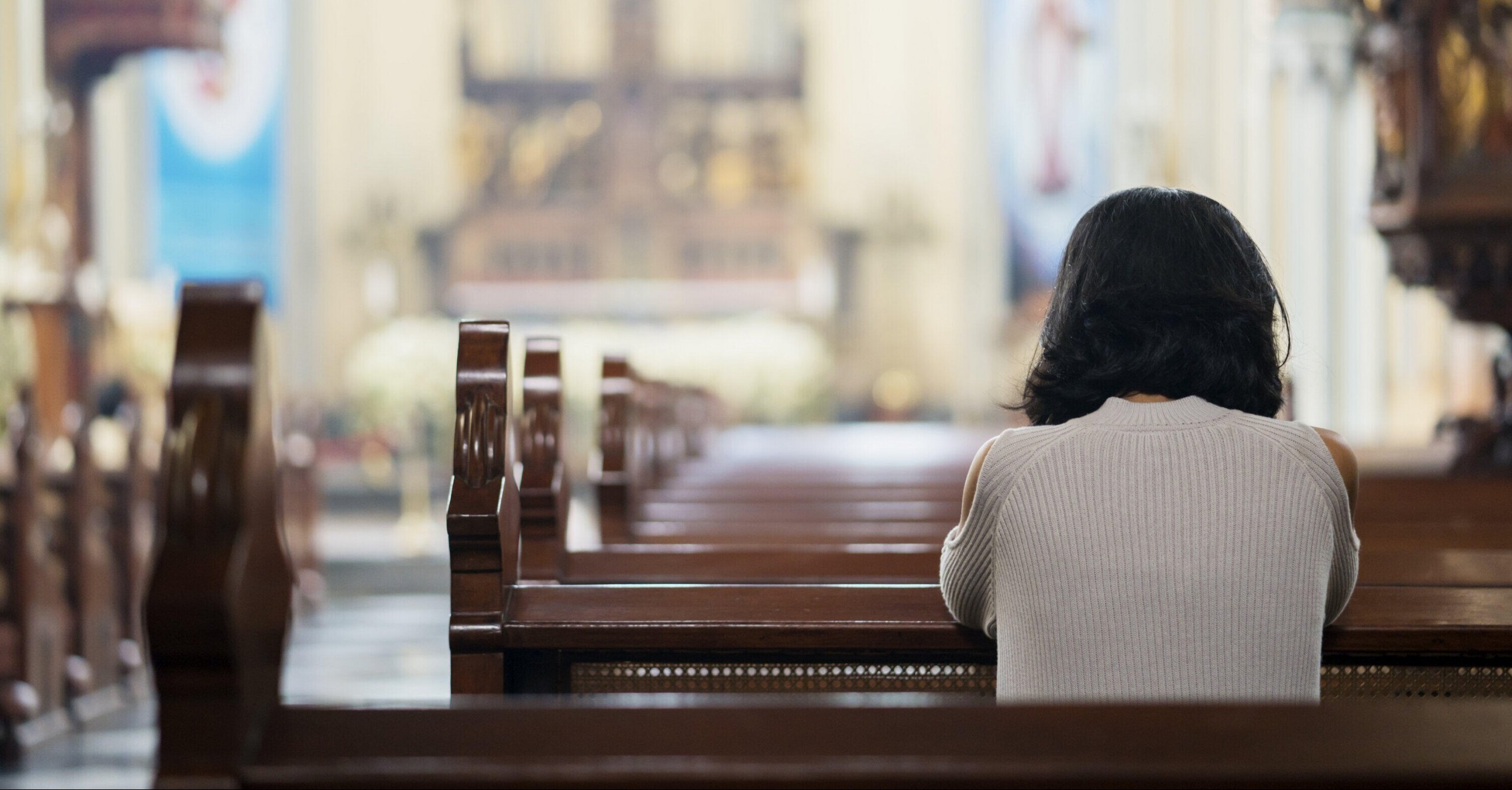Proper 18, 4 September 2022

Christians around the world come together on Sundays to celebrate salvation, redemption, and the life that God has given to us.
If everything in life were given on a silver platter, wouldn’t it be a lot better? Some are born into a rich family, others are not; some die early, and others live longer. When we consider how God planned life to be, it’s unfortunate that we encounter such things. However, we focus too much on the length of life; it’s more important to live the quality of life God has given us.
Howard Buffet, a millionaire’s son, said that if you give someone everything, he does nothing – you give him something for him to do something. For Filipinos in Europe who help their families and extended families at home, this is a good principle. We have all been given something for us to do something; we’ve not been given everything. Hardly anything is free; if the value of money decreases, we cannot control the situation, but we need to trust in God.
Discipleship is costly
Today’s Gospel is about the cost of deciding to become disciples of Christ and to follow Him. If you were baptised as an infant, you need to understand by the time you are confirmed that it will cost you something. Discipleship is more than attending a church and thinking you’ve fulfilled your religious obligation. Jesus was very clear and adamant that you have to deny everything to follow Him, but we’ve watered it down and made “Christianity” so easy. I once told someone that Christianity is for the courageous, and he looked puzzled. Jesus said that if we decide to follow Him, we need to learn from Him, and we will pay a very dear price. God paid a very dear price for your salvation, otherwise there is no salvation.
Jesus said that if we love our family members more than Him, we cannot be His disciple. God commands us to love our neighbour, and we love our parents more than our neighbour. Jesus is not contradicting Himself, but making a point using hyperbole (exaggeration) to arrest our attention. Another example was when He said,
“If your hand causes you to sin, cut it off”:
He was not literally saying we must cut off our hands. We are to love our families, including our in-laws, and even our enemies, because the hallmark of Christianity is love; but we must not love them more than we love Jesus. We must not love the world or this life more than God. Cyril of Alexander said we dare not love our family more than we love Him.
Cheap vs. costly grace
Dietrich Bonhoeffer[i] differentiated between what he called “cheap grace” and the costly grace we receive from God:
“Cheap grace is the grace we bestow upon ourselves… the preaching of forgiveness without requiring repentance, Baptism without church discipline, taking Communion without confession, absolution without personal confession.”[ii]
Cheap grace is following Jesus without discipleship, the life of a Christian without carrying our cross: cheap Christianity. There is a cross we have to bear; is it persecution? I believe the greatest cross is denying oneself and following the will of God – not your husband, your wife, or your in-laws, but letting go of your will, and embracing God’s will.
By contrast,
“Costly grace is the treasure hidden in the field; for the sake of it a man will gladly go and sell all that he has. It is the pearl of great price to buy which the merchant will sell all his goods… It is the call of Jesus Christ at which the disciple leaves his nets and follows Him.”
We have tried to make Christianity so easy that we’ve lost the essence of what it’s all about. There’s a difference between the Christianity that we make and the Christianity that makes us. We like everything to be easy and expedient, but there’s a cross we must carry.
A monument of thanksgiving
In 1630, Venice experienced a plague during which a third of the population died. Afterwards, the Venetians built a church called Santa Maria Della Salute as a votive offering to thank God for saving their city – all the inhabitants could have been killed. Barrios and towns in the Philippines have patron saints because they recognise their need for God’s protection. We tend to forget how much we need to be thankful to God: He intervenes in our lives in millions of ways that we do not know. Often we wait for something to happen before we realise we need God. One day I met someone with his face bandaged; he told me he’d had an accident and that it was a way for God to remind him, because he often forgot.
After the pandemic, I was inspired by the story of Salute: We need to thank God, and to have a monument as a votive offering to Him. I challenged our church in Madrid to purchase a property rather than renting. This project is possible, although it is costly.
Why should we venture into such a project?
- To know that God is with us
In the Exodus, God redeemed an enslaved people and established them as a unique people whose God is Yahweh.[iii] Denis Prager said that if you work on the day God has set apart for worship, and if you work seven days a week, you are a slave. God came down to Moses because He doesn’t want you to be enslaved to anything, but to be free. Those who don’t worship God on Sundays are putting themselves in slavery. We are to work, but not to be enslaved to it.
When Israel left Egypt, they plundered the Egyptians’ treasures. During the journey, Moses received instructions from God to build a tabernacle, a portable sanctuary, which the Israelites used in the desert. Subsequently, God commanded them to build a temple which was to be more permanent; and Christians would build churches. God wants us to know that while He is invisible, transcendent (beyond us), and remote, He dwells in the midst of His people; He wants us to build a place where He can meet with us and we can experience His presence.
This answers the Israelites’ question,
“Is the LORD among us?”[iv]
“Is God with us in our battles?”[v] David would only go into battle if God was with him, because then he would win.[vi] If you’re considering starting a business, ask God whether it’s what He wants: it’s not only a matter of money, but if God is not a part of it, most likely it will fail. Today Christians seek out places in which we feel closer to God. When everything else crumbles, you realise it is only God to whom you can turn. Human solutions have limitations, and sometimes we neglect to worship God until we realise this; don’t wait until that happens.
Although it is costly to build a church, it shows that God designates a place where we will meet Him. When something happens in Venice, people flock to Salute, because it’s a monument and reminder that God will never leave us in times of difficulty and trouble. I’m thankful that we can worship God on Sundays, but God doesn’t want to stay somewhere temporary. He wants us to build a place where we, our children, and our great-grandchildren can worship and experience Him in our midst. Without icons and monuments, people forget that God exists; people only turn to Him when everything crumbles.
- To remind us that God is on the throne
Stephen said that God does not dwell in temples made with human hands:
“As the prophet says, ‘Heaven is My throne, And earth is My footstool.”’[vii]
It may seem a contradiction that God says,
“Who can build a house for Me?”
yet He instructed Solomon to build a temple, and He is instructing us to acquire a place. However, the tabernacle and the temple are a type of the heavenly temple which John describes in Revelation; that is the archetype, where God’s throne is.
When you see a throne in the church, it is to remind us that God is the King of the universe. Sometimes when you have a problem, it seems bigger than God; we forget that God is bigger than the mountain, regardless of how big it is. Where are we reminded that, whatever we face, no problem in this world can be bigger than God, His hand is not too short to reach out to us in trouble, and He’s not deaf to listen to our prayers? When we come to church to worship Him, we’re reminded that God is seated on His throne and He is greater than anything else. A character in the movie Gladiator says,
“We don’t know what’s going in to come out of that door, but whatever it is, if we stay together, we will make it.”
No one can prevent people from having problems; but if you trust in God, He is on your side. But if we’re not constantly reminded, we’ll see Him as small and the problem as big.
- For God to touch others’ lives
Many people in your city are lost and looking for God. It’s not for us to say we want a building, but it’s a place where God wants us to meet, because He wants to touch people’s lives – not only for ourselves, but for our children and future generations. Many Filipinos abroad tell others they have worked very hard and built a house in the Philippines that is bigger than their neighbour’s. But I wonder if there are any who say they can be proud because they’ve built a church for God where He will touch and transform people’s lives, where drug addicts can be delivered from addiction and people who have lost hope can find hope. It will cost us, but it is worth doing, because it’s not only for us, but for generations to come.
It will be a sacrifice, but let us build our own Salute to thank God for protecting us during the pandemic. The Scriptures remind us to build a monument to thank God for what He has done in our lives. Has God done something in your life? Did He protect and provide for you and your family? We have good reasons to thank Him. Remind yourself of at least five things for which you want to thank God. Most likely we’ve forgotten – we want to forget what happened during the pandemic, but God was with us and did not abandon us.
God is calling every single one of us to follow Him and learn from Him, and He will lead the way. It will cost a lot: the surrender of everything, not on an instalment basis. If there’s something you have not completely given or surrendered to God, this is the time; take this opportunity to do so. Let Him be in control of your life. If there’s something you’re holding back, in humility let us give it up to the Lord Jesus today.
Study questions:
- What was the cost of your salvation? What has it cost you to follow Jesus? Are you experiencing “cheap grace” or “costly grace”?
- Is it beneficial if everything is given to you and everything in life comes easily? Do you find Christianity too difficult, appropriately costly, or too easy? If it is too difficult or too easy, what can help you to embrace the kind of discipleship to which Jesus calls us?
- Who or what do you love more than Jesus, and what can help you to change this? Have you surrendered, and are you surrendering, your will to Him? Is there anything you are holding back that He is calling you to surrender to Him?
- Have you ever experienced slavery to your work, and in what sense? Did it help solve your problems? Or have you discovered that only God can help you? How has worshipping God given you freedom and made a difference in your life? What can help someone experiencing this slavery to find freedom?
- Do you experience that God is with you, especially in facing difficulties? Have you ever experienced failure because you did something without asking Him? Is there something you are considering doing which you need to ask Him about?
- Is God on the throne in your life, and in the way you see life and the world in general? How does worshipping God in the church on Sundays help you to see this?
- What are you thankful to God for? In what ways have you “built a monument” to thank Him, and to help you remember important things He has done for you?
- Do you, your family, and your church, have a vision to acquire a church building? Why, or why not? What does that vision involve? Do you desire to establish something for future generations, and to see God touch others’ lives? What sacrifices are you willing to make in order for it to be accomplished?
[i] Bonhoeffer was a German pastor during World War II
[ii] Dierich Bonhoeffer, The cost of discipleship
[iii] YHWH, God’s name in the Old Testament as revealed to Moses, usually translated as ”the LORD”.
[iv] Exodus 17:7
[v] See Psalm 60:10
[vi] I Samuel 23:1-5
[vii] Acts 7:48-49; the prophet quoted is Isaiah 66:1









